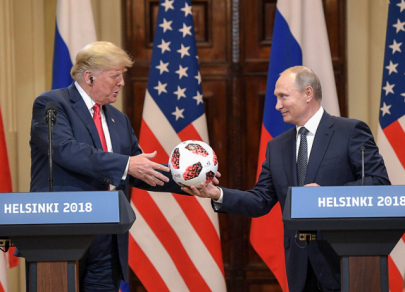FX.co ★ The USA-Russia: heads of states meetings history
The USA-Russia: heads of states meetings history
For the first time, the leaders of two countries, Chairman of the Council of People's Commissars of the USSR Joseph Stalin and US President Franklin Roosevelt, met at the conference of the heads of government of the three allied powers of the anti-Hitler coalition held in Tehran in November-December 1943. In addition to these leaders, Prime Minister Winston Churchill took part in it. The next meeting in the same format was held two years later in Yalta, and a few months later in German Potsdam, although at the last meeting the USA was represented by Harry Truman.
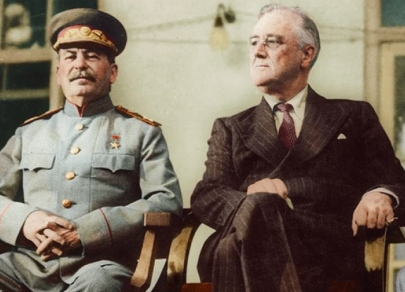
The first bilateral meeting between the leaders of the USSR and the United States occurred when the countries they led were actually in a state of a "cold war". In 1959, the chairman of the Soviet government, Nikita Khrushchev, paid an official visit to the US, during which he met with US President Dwight Eisenhower four times. However, negotiations on virtually all the topics touched upon during the Soviet leader's visit to America, including trade and economic relations between Moscow and Washington, proved to be ineffective.
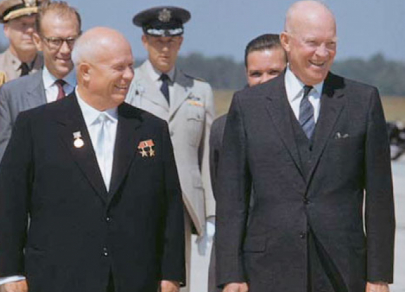
Another US president, who happened to meet Nikita Khrushchev, was John Kennedy. The meeting took place in 1961 in Vienna, just six months after Kennedy took office as head of the White House. It is known that this meeting was held on the initiative of the Soviet side. Khrushchev probably hoped that Kennedy would be more flexible than his predecessor, and the USSR would be able to resolve a number of foreign policy issues related, in particular, to the Berlin crisis. However, the American president preferred to maintain the status quo, and two months after this meeting, the famous Berlin Wall was erected in the German capital.
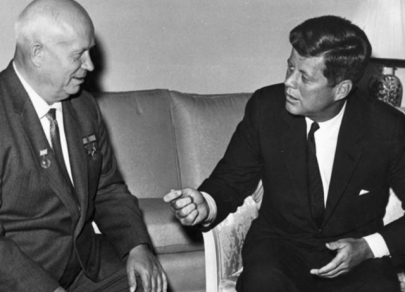
A new meeting between the leaders of the US and the USSR had to wait more than 10 years. In 1972, US President Richard Nixon made a historic visit to Moscow, where he met with the leader of the Soviet state, Leonid Brezhnev, to sign the Treaty on the Limitation of Anti-Ballistic Missile Systems and on Strategic Arms Reduction. Over the next few years, there was a weakening of tension between the US and the USSR. After the Soviet invasion of Afghanistan, occurred in December 1979, the contacts at the highest level between them again worsened.
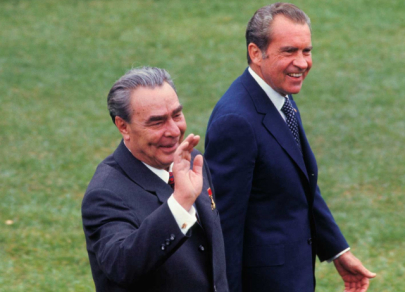
Mikhail Gorbachev, who came to power in the USSR in the mid-1980s, from the very beginning took a course to improve relations with the United States. In 1985, the first in six years, the American-Soviet summit took place in Geneva, where the General Secretary of the CPSU Central Committee met with the head of the White House, Ronald Reagan. It is known that there was a certain mutual understanding between the leaders of the two countries, and the focus on dialogue allowed holding bilateral meetings annually.
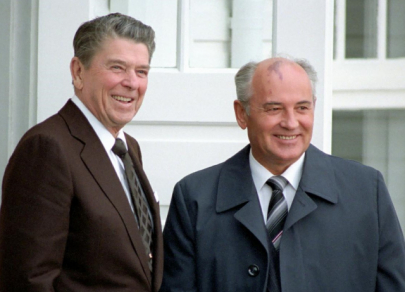
In December 1989, on the island of Malta, Mikhail Gorbachev met with the next US president, George Bush Sr. "The world leaves one epoch and enters another epoch. We're just at the very beginning of our road, long road, to a long-lasting peaceful period," the Soviet leader said after the talks.
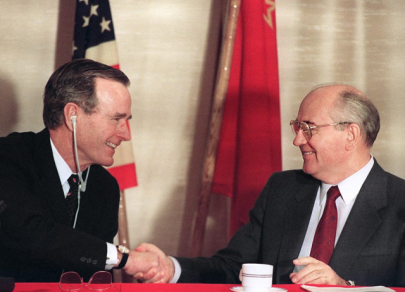
The new era really came. In 1991, the collapse of the Soviet Union occurred, and in 1992 in Camp David (the USA), Russian President Boris Yeltsin and the head of the White House, George Bush Sr, signed a joint declaration officially announcing the end of the Cold War.
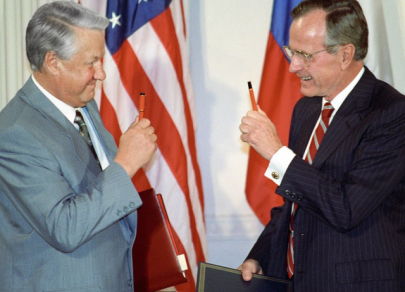
In 1993, the US president's position was taken by Bill Clinton. His first meeting with Boris Yeltsin took place in April of the same year in Vancouver (Canada). Since the first meeting between the two leaders have developed a warm relationship. It is known that they called each other only "friend Boris" and "friend Bill". In total, Yeltsin and Clinton met 17 times.
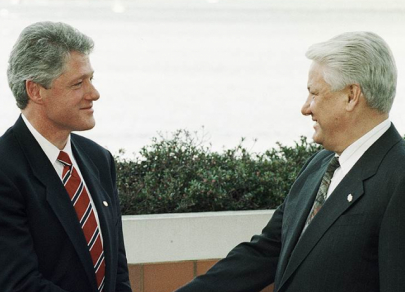
In June 2000, Bill Clinton paid a visit to Moscow, where he first met with the new president of the Russian Federation, Vladimir Putin, who suggested that the head of the White House even consider the possibility of Russia joining NATO.
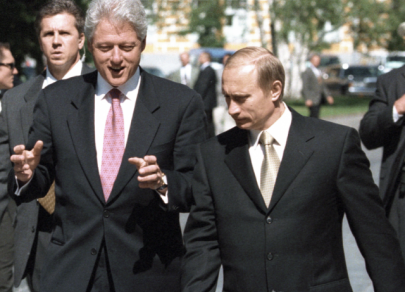
In 2001, George Bush Jr became the president of the United States. He met with Vladimir Putin already in June of that year in the capital of Slovenia, Ljubljana. "It was extremely open and very interesting negotiations," said then the Russian leader. For 8 years of being in power, Putin and Bush confidently beat their predecessors' record of personal meetings. So, during their presidency, they met 27 times.
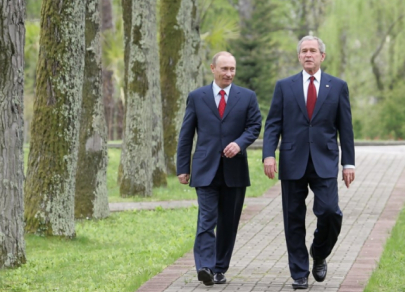
In July 2009, the next US President, Barack Obama, arrived in Moscow on an official visit, where he met with his Russian counterpart, Dmitry Medvedev. "We believe that there is a great opportunity to put US-Russian relations on a more solid basis," Obama said then. However, in the following years, relations between the two countries became strained and worsened even more because of the entry of Crimea into Russia.
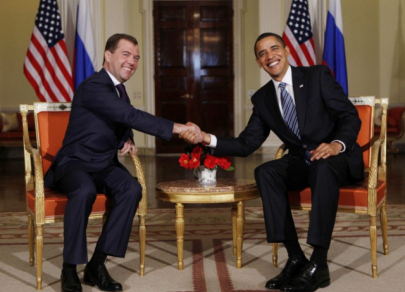
July 16, 2018, in Helsinki, the first for the last nine years bilateral summit of Russian and US presidents, Vladimir Putin and Donald Trump, took place. The head of the White House positively assessed the meeting with his Russian counterpart calling it a great success. In addition, he said that Moscow and Washington should find an opportunity for cooperation. Putin, in turn, noted that the parties discussed virtually the entire spectrum of bilateral relations, and on some issues of the international agenda they even reached practical agreements. The next meeting of the leaders of the two countries may take place this fall in Washington. It is known that negotiations on this are already underway.
